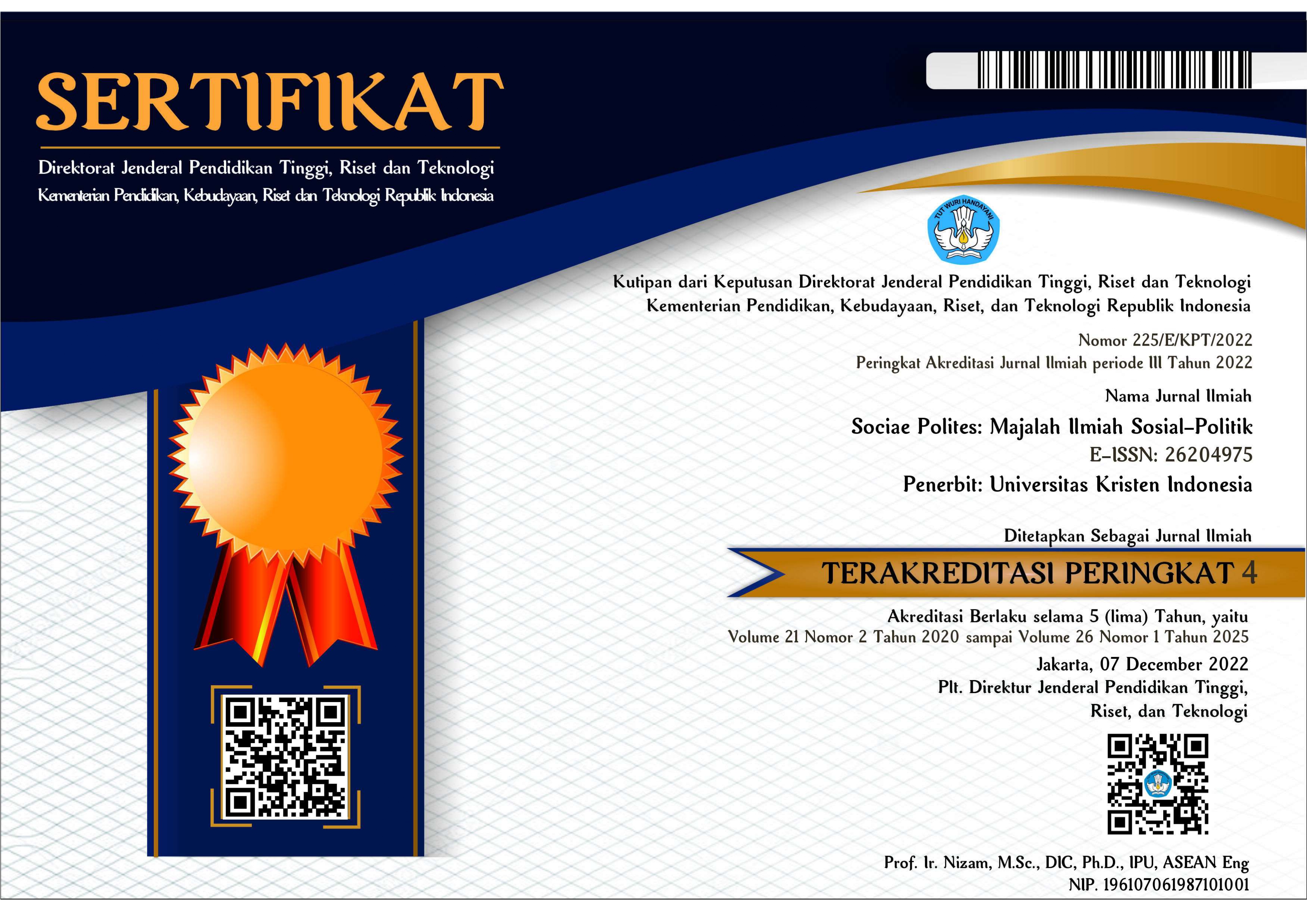RUPTURED LIFEWORLDS: INDUSTRIAL SETTLER COLONIALISM AND THE FORMOSA STEEL DISASTER IN COASTAL VIETNAM
DOI:
https://doi.org/10.33541/sp.v26i1.7099Abstract
The massive marine pollution caused by toxic waste from Formosa Ha Tinh Steel (FHS) in 2016 triggered one of the largest environmental protests in Vietnam’s history. This study interprets the Formosa case not merely as an industrial failure, but as a form of industrial settler colonialism—a concept described by Kyle Whyte as a process that erases the social and ecological relationships of local communities with their living spaces. Using critical discourse analysis of media coverage and literature review, this research explores how the industrial project disrupted the lives of Vietnam’s coastal communities. The findings reveal that the disaster not only destroyed marine ecosystems but also disrupted local identity, livelihoods, and cultural ties to the sea. In response, communities constructed a collective narrative that links environmental pollution to the struggle for environmental justice and popular sovereignty. This study highlights how colonial logics are not limited to former Western colonies, but also emerge in new forms through industrial expansion in Southeast Asia. Amid pressure from the state and corporations, coastal communities continue to show resilience by defending their right to a sustainable environment through media and public solidarity.
Keywords: settler colonialism, Formosa Ha Tinh Steel, Vietnam, environmental justice, coastal lifeworlds.


 Sociae Polites: Majalah Ilmiah Sosial Politik
Sociae Polites: Majalah Ilmiah Sosial Politik